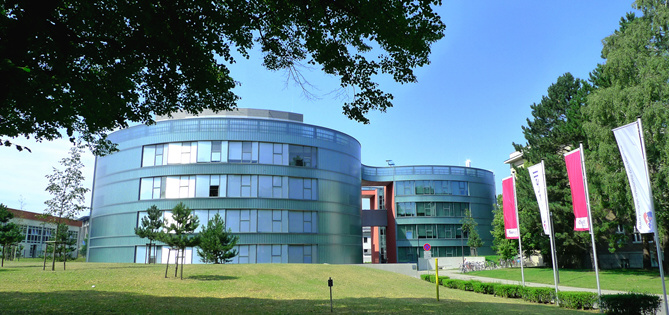J Cell Mol Med. 2008; 12(6A):2427-2438.
Spliceosomal protein E regulates neoplastic cell growth by modulating expression of cyclin E/CDK2 and G2/M checkpoint proteins.
Li Z, Pützer BM.
Small nuclear ribonucleoproteins are essential splicing factors. We previously identified the spliceosomal protein E (SmE) as a downstream effector of E2F1 in p53-deficient human carcinoma cells. Here, we investigated the biological relevance of SmE in determining the fate of cancer and non-tumourigenic cells. Adenovirus-mediated expression of SmE selectively reduces growth of cancerous cells due to decreased cell proliferation but not apoptosis. A similar growth inhibitory effect for SmD1 suggests that this is a general function of Sm-family members. Deletion of Sm-motifs reveals the importance of the Sm-1 domain for growth suppression. Consistently, SmE overexpression leads to inhibition of DNA synthesis and G2 arrest as shown by BrdU-incorporation and MPM2-staining. Real-time RT-PCR and immunoblotting showed that growth arrest by SmE directly correlates with the reduction of cyclin E, CDK2, CDC25C and CDC2 expression, and up-regulation of p27Kip. Importantly, SmE activity was not associated with enhanced expression of other spliceosome components such as U1 SnRNP70, suggesting that the growth inhibitory effect of SmE is distinct from its pre-mRNA splicing function. Furthermore, specific inactivation of SmE by shRNA significantly increased the percentage of cells in S phase, whereas the amount of G2/M arrested cells was reduced. Our data provide evidence that Sm proteins function as suppressors of tumour cell growth and may have major implications as cancer therapeutics.

Contact
Institute of Experimental Gene Therapy and Cancer Research
Core-Facility Viral Vector & Genome-Editing Technologies
Biomedical Research Center
Schillingallee 69
D-18057 Rostock
Office
Ingrid Winkler
(+49) 381 494-5066(+49) 381 494-5062
ingrid.winkler@med.uni-rostock.de
Department Life, Light & Matter
Research Building LL&M
Albert-Einstein-Str. 25
D-18059 Rostock
Research Building LL&M
Albert-Einstein-Str. 25
D-18059 Rostock




